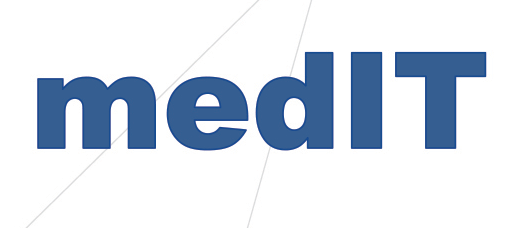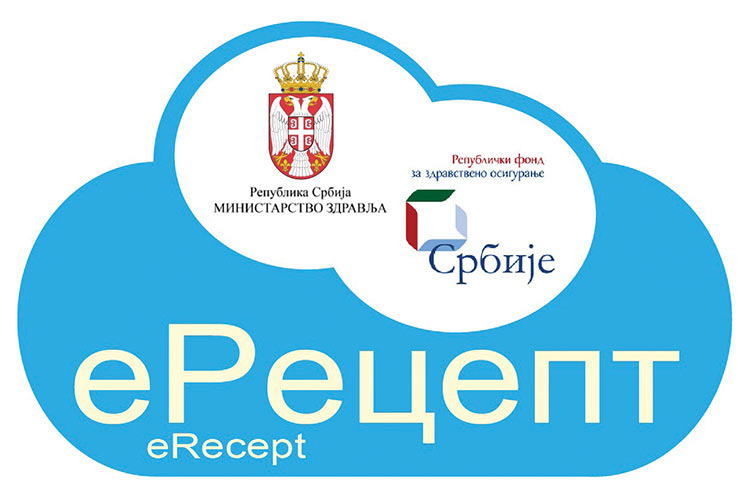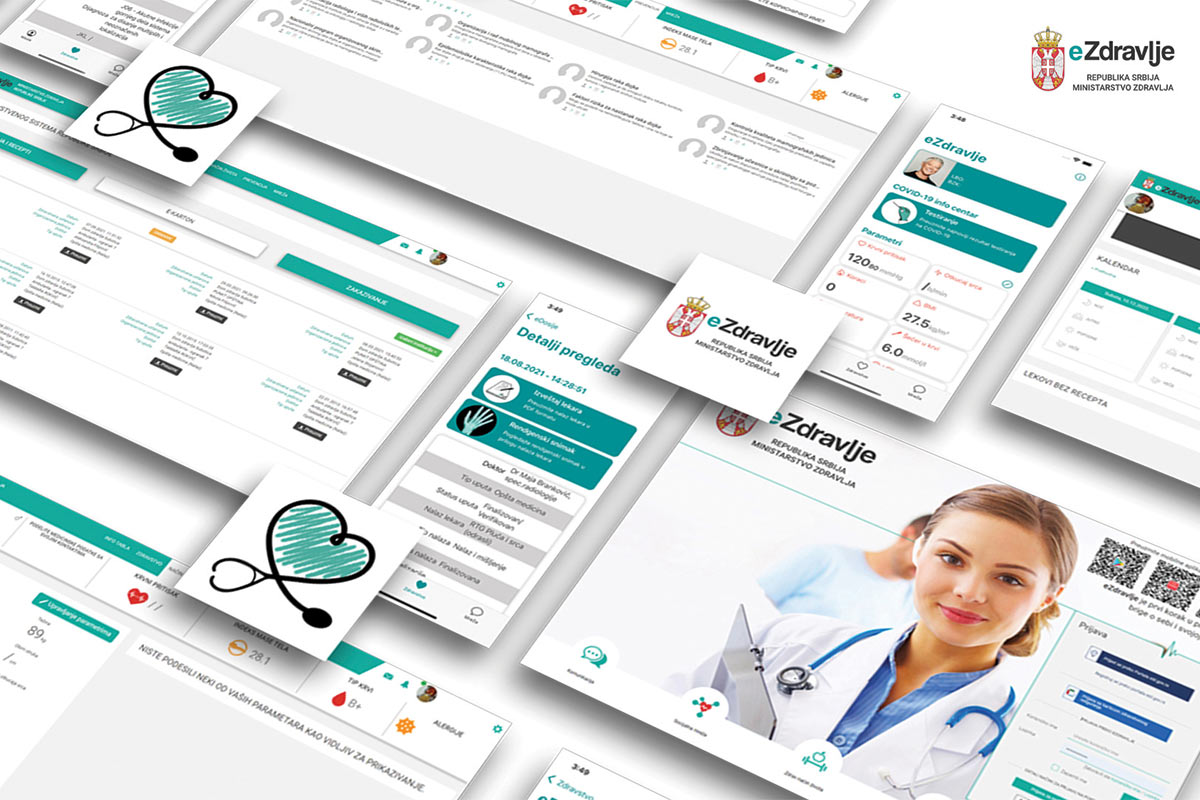Digitalisation of health has improved patient treatment and enabled doctors to work more efficiently
Serbians have been using the advantages of digitalisation in a number of areas of life and work, and as digitalisation is also spreading to the health system, it is providing us with the same opportunities: at one click to make an appointment with a selected doctor, to have all medical reports and analysis, to gain insight into the health card of your child or other family member.
THE UNIQUE ELECTRONIC HEALTH CARD

The unique electronic health card is a system that connects health institutions in Serbia that have digitalised data (there are currently around 285). It records patients’ visits and provides a doctor’s report, laboratory findings, radiological recordings (X-ray, scanner, …), discharge notices, vaccination reports, access to the list of prescription medicines and all other data recorded in the patient’s health card. The system covers primary, secondary and tertiary health institutions, general hospitals, special hospitals, Covid hospitals and institutes. The importance of unified health data lies primarily in timely disclosure, treatment and prevention of disease.

The unique electronic health card provides insight to a patient in the health system and allows access to the patient’s documentation at any time. Besides patients, electronic health cards are also valuable to medical workers, because selected doctors have insight into data from other health institutions through this system. They can very quickly access the patient’s medical history without the use of paper analysis and recordings that until now patients have had to carry with them.
PARENTS AND CHILDREN
On the patient portal, a patient is automatically connected to their coinsured, so a parent or guardian who is the main insured person is approved access to the records of their child, and can make an appointment with a selected pediatrician, download evidence of immunisation, inspect all analysis, medical reports, X-rays…
Thanks to all these systems, a space is opening for the use of even more advanced solutions in the field of artificial intelligence in diagnosis and treatment of patients and further development of tele-medicine
SPECIALIST DOCTORS
Access to a unified electronic health card will soon be enabled for specialist doctors with the electronic consent of the patient. It is planned for a message to be delivered on the patient eHealth portal notifying the patient that a particular specialist doctor wants to access the electronic health card, and asking whether the patient agrees to give access to the requested data.
ACCESS TO THE HEALTH CARD
Each patient registered on the eHealth portal with a high authentication level can access their health card created in the system. We can share data from electronic cards with people from the contact list on the eHealth portal (family members, friends, doctors) on the basis of specific authorization for the data we want to share.
You can obtain insight into your health data in 2 steps:
1. Register as an e-Citizen on the e-Government portal, opening a user account – eID (a mobile app)
2. Users of a qualified electronic certificate using the eID service may also access the eHealth portal. This can be obtained free of charge from the police, if you have an ID card with a chip. eHealth

IN NUMBERS
During the Corona virus epidemic, more than three million accesses were registered on the eHealth portal: the system has about 1.5 million registered users, and about 250,000 users have an account registered with electronic signature or two-factor authentication, and a mobile application now available for more than six months has about 30,000 users.
EPRESCRIPTION
In Serbia, eight million prescriptions on average are issued monthly, and about 6.5 million of them are used. Every day, as many as 400,000 prescriptions are issued, and the value of the prescribed medicines is 250 million euros a year! Before the introduction of the system, doctors were reduced to the level of administrative workers due to the huge number of prescriptions issued but with the introduction of ePrescription services they now have a lot more time to dedicate to their patients. Today, there is absolute control over the issuing of prescriptions, because they are all issued digitally. Thanks to the ePrescription, considerable savings are achieved each month.
The unique electronic health card provides insight to the patient in the health system and allows access to the patient’s documentation at any time. Besides patients, the electronic health card is also valuable to medical workers, because selected doctors have insight into data from other health institutions through this system
NATIONAL MEDICAL PLATFORM FOR PREVENTION AND DIAGNOSTICS
One of the active and most comprehensive digitalisation projects in Serbia also includes the national medical platform for prevention and diagnostics, consisting of: an image archive, a central radiological information system, eRadiolology (radiological diagnostics), mammography (breast screening), cervical screening, the eHealth Patient portal and a large number of local systems.
THE CENTRAL RADIOLOGICAL INFORMATION SYSTEM
The platform has enabled huge benefits to all participants in radiological diagnostics. Patients have experienced great benefits by establishing tele-radiology between large diagnostic centres and small establishments; During the pandemic and today, doctors have been able to work remotely with faster decision-making, and to hold remote consultations. The number of repeated examinations and unnecessary radiation of patients has been reduced. The system now holds more than 200 million radiological images and more than four million reports.
EDC
Electric Death Certificates have been digitalised and to date 45,000 have been issued.
THE IMPORTANCE OF DIGITALISATION FOR SERBIAN PUBLIC HEALTH
Digitalisation provides health workers valuable insight into patient health, helps to to draw conclusions about public health and to devise prevention and treatment programmes thanks to the huge database. All of the Serbian health systems provide a huge base of knowledge for health workers, students and future radiologists. The systems are constantly improved through cooperation in accordance with the needs of patients, health professionals and world trends in healthcare, and are in constant communication with the republic health insurance fund. Thanks to all these systems, a space is opening for the use of even more advanced solutions in the field of artificial intelligence in diagnosis and treatment of patients and further development of tele-medicine.
